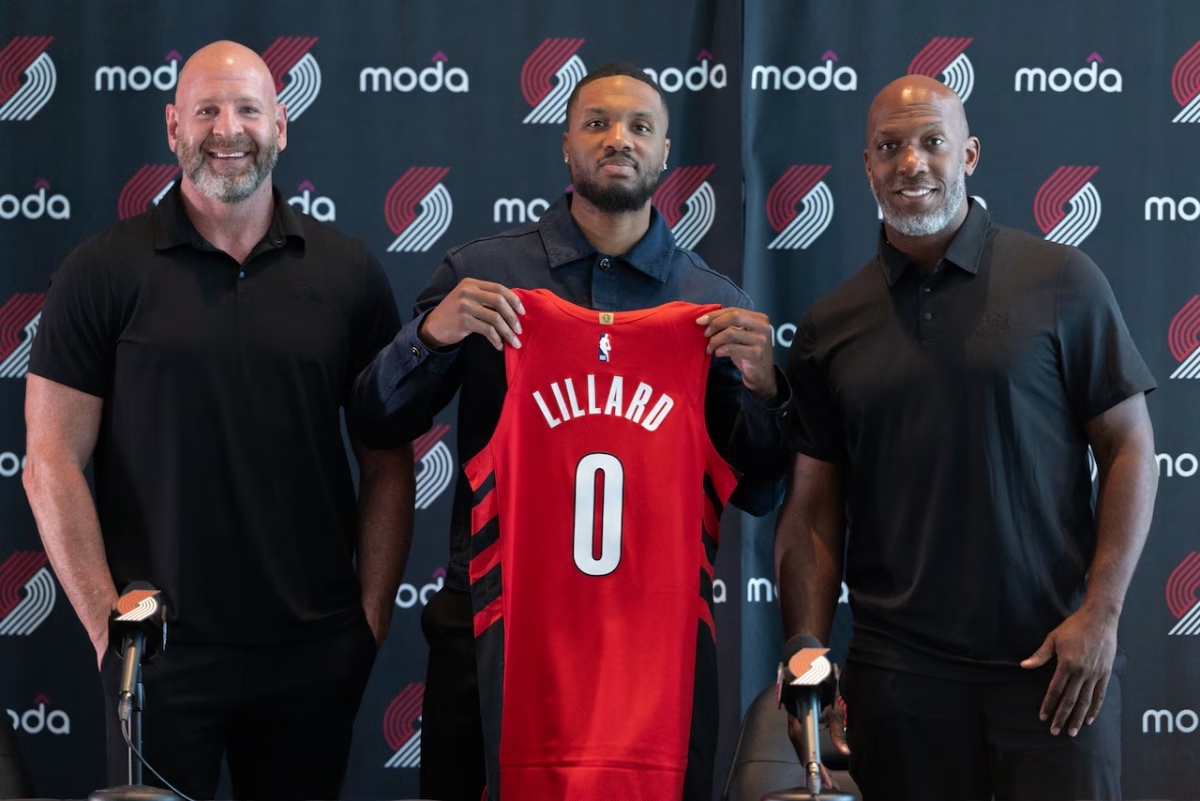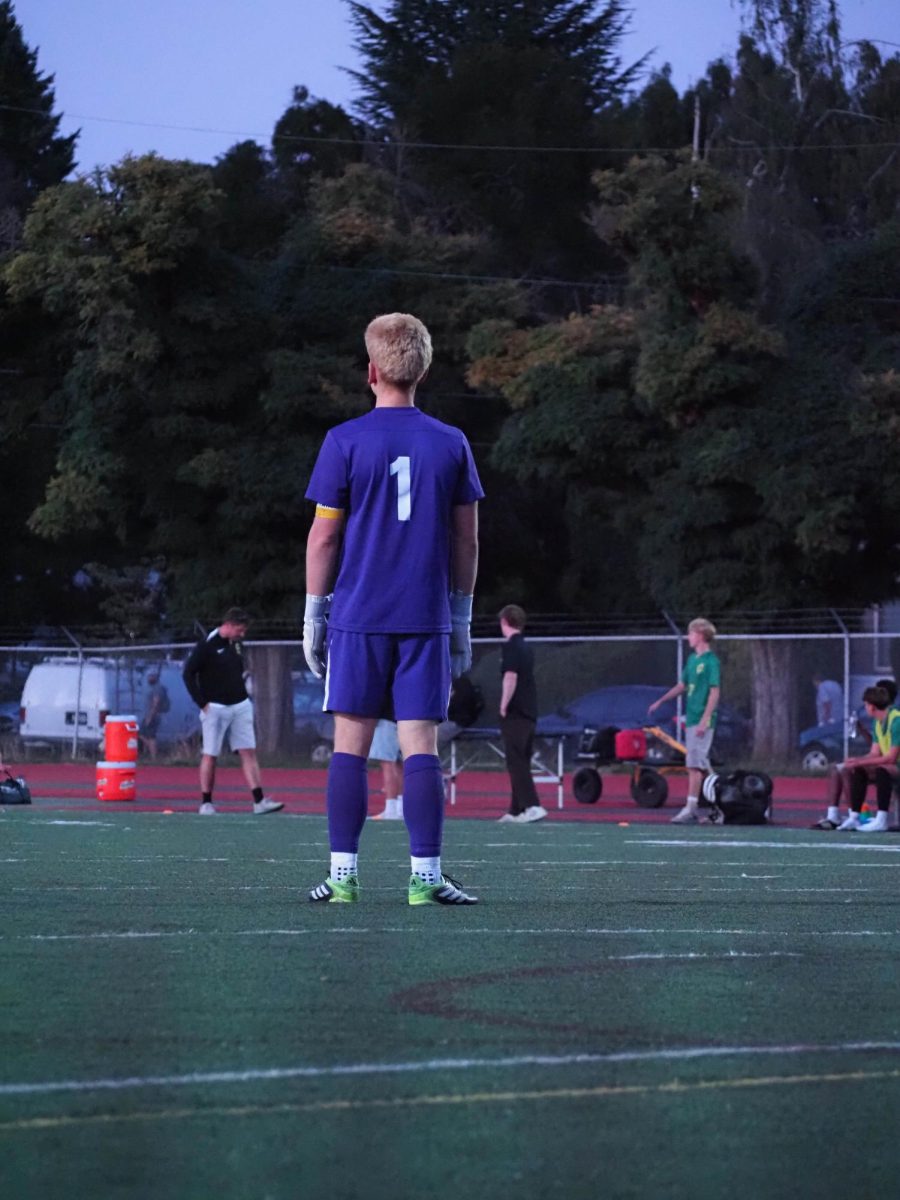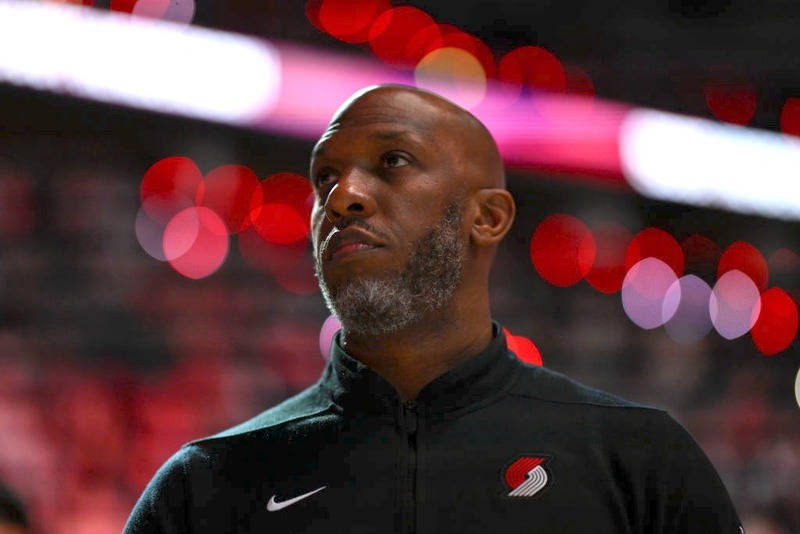Human Sexuality and Healthy Relationships: A new in-depth curriculum
October 9, 2016
Human sexuality and healthy relationships, one of the several new health electives this year, plans to offer a more in-depth view of sexual and emotional health for students.
Following the decision to make health class a single semester course spread between freshman and sophomore year, the administration approached several teachers interested in creating new health “selectives” such a first aid and CPR training. Cleveland health teacher Gaye Chapman was one of the teachers approached. “I was very interested in creating an advanced sexuality class on what I don’t get to dive into as much in the health classes,” she said.
With only 20 states mandating that public schools teach medically accurate lessons, Oregon is in the minority when it comes to providing comprehensive sexual education in the United States. A high school level sexuality class is almost unheard of in the U.S. “I went online afterwards to try and find high school health classes that had advanced sexuality classes and I couldn’t really find any, so it was like I was creating a new curriculum right from the start,” said Chapman.
The new curriculum, designed by Chapman, plans to cover topics on everything from sexual ethics to love and communication in intimate relationships. There is a big emphasis on the fact that sexuality extends beyond the basic anatomy learned in health class and that it affects every aspect of a person’s life. While these topics can often feel embarrassing or uncomfortable, Chapman hopes to create a safe, inclusive space for all students. “It’s about empowerment and advocacy,” she said.
Lev Pearlman, junior, said, “I chose to take this class because the topics really interested me and I wanted to become more knowledgeable about these ideas.”
Many of the students taking the class are already knowledgeable and enthusiastic about the topics being taught, but Chapman’s goal is that the students in the class will continue to learn and help educate others. “If you’re already pretty aware of the things that are going on that keep people down or oppressed or not feeling empowered with their own sexuality, then it’s our job to advocate for change,” she said.
Most recently, the class watched the 2015 documentary The Mask You Live In, directed by Jennifer Siebel Newsom about how society’s narrow definition of masculinity is harming young boys and men. Afterward, the classes had several discussions and even read reviews opposing the film in order to gain a clear idea of a variety of perspectives. “We still have a lot of work to do in our society,” Chapman concluded.















